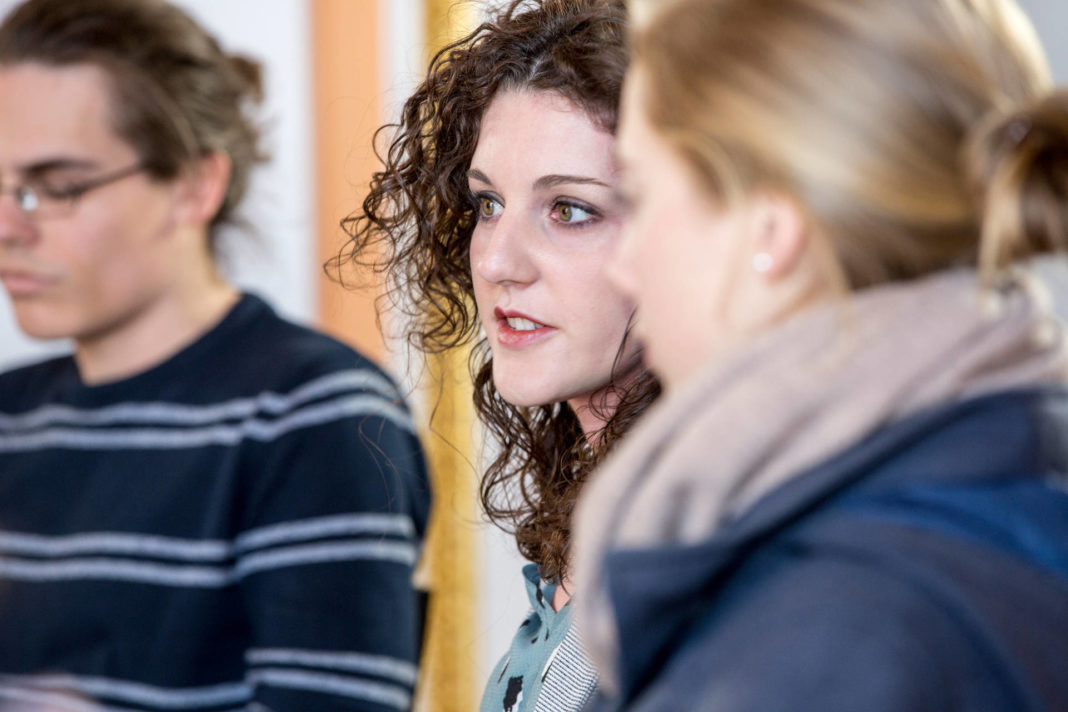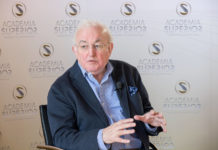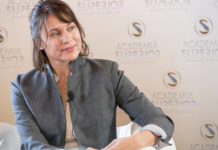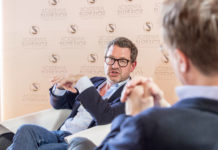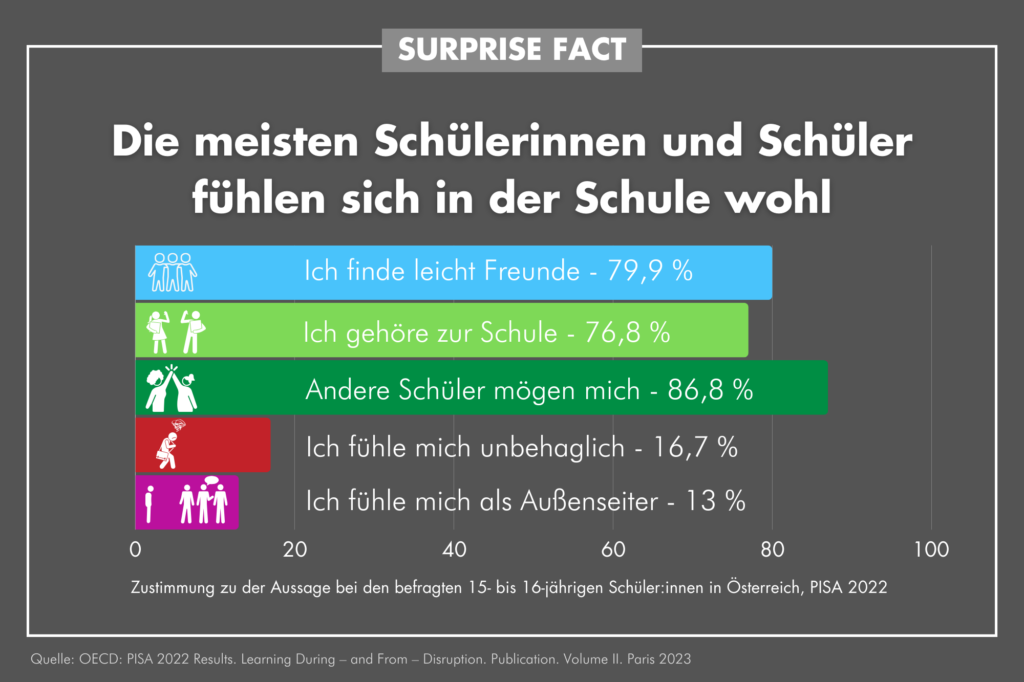At the beginning of the year, ACADEMIA SUPERIOR hosted a full-day workshop for students on the topic of the symposium. Many applicants from different fields of study discussed the question with Markus Hengstschläger whether there are developments which are getting out of control and how much control is necessary in our world. Four students were selected for a scholarship to participate as our YOUNG ACADEMIA at the SURPRISE FACTORS SYMPOSIUM and to present their views and concerns: Arno Deutschbauer, BA, Dipl.-Ing. Andrea Eder, Katharina Fröhlich und Dominik Harrer, BA.
The students of YOUNG ACADEMIA already started thinking in the run-up to the symposium and introduced four major interrelated topics into the discussions with the experts.
Parallel societies and the postfactual age
One of the greatest dangers of our time is the uncontrolled increase of new ideological-radical parallel societies. It is facilitated by new and social media in which attitudes and convictions are always mirrored, intensified and driven to extremes. Thus – far from any facts – “felt“ truths emerge, which divide societies and shake a common foundation of values.
„We need courses on values — not for others but for ourselves.”
It is therefore all the more important to defend the fundamental values of the enlightenment in the “postfactual age“. We are obviously living in times when democratic majorities actually get enthusiastic about, objectively speaking, wrong decisions. That is why we need to encourage value awareness at school and in further education, for example via ethics and history lessons. This is how foundations, conceptions and visions for Upper Austria are developed – not for others, but for ourselves. We have to think about which values we want to preserve in our society.
Training in critical judgement
Decent instruments for opinion making are the essence of democratic societies. That is why it is important to get to know and analyze them from an early age. Why don’t children learn in kindergarten how to use media, how to discuss and how to promote social justice? How do you introduce the principle of judgement connected with media competency in educational institutions? The world is becoming more and more complex, and that is why the power of critical judgement is essential. We must learn to deal with complexity and new challenges, differentiate, assess and evaluate things.
You cannot say “the media are the bad guys“. Like all instruments, you have to be able to use them properly. It is not just about the fact that information is available, but also that people understand it. As students, we are trained to be able to choose what we read, whether it‘s Bild, Kronen Zeitung, Der Standard, Die Presse or The New York Times. But many people are at a loss with the so-called “quality media“, are not interested in the topics and have different priorities. These people also need high-quality and truthful information. How can we ensure that?
Solution journalism and storytelling
Perhaps we need more journalism which does not only present the weaknesses and problems but offers solutions. On the Internet you can find quite a bit of this in blogs and on video platforms, where people offer solutions to a variety of problems. And they are very successful. Perhaps it is also time for the traditional media to change direction.
„People are looking for solutions to their live, not for what is going wrong.”
It also depends on which stories are told and how. Most news is negative: problems of immigration, economic crisis, crime, accidents, political misconduct. Little is reported about positive developments. This is precisely the problem. It creates anxiety and hatred because the media distort reality and cast a shadow over the good that surrounds us. Perhaps we need new ideas on how storytelling should look in the future and how we could encourage well-balanced journalism – especially in tabloids.
New thoughts on democracy
The question may sound straightforward, but it isn’t: What do we actually mean by democracy? It is time to rethink democracy. We should tell new stories about freedom and resistance in democratic societies. It must be more than going to the polls every few years. We need more examples and stories to help us bring new democratic ideas into our society and think differently about them. That is how you can achieve something from the inside.
You can also have more confidence in young people. They will learn what they really need. The digital world offers us many wonderful opportunities but we also need to feel ourselves. We have to give young people a sense of who they are and what effect their actions have in the world.


